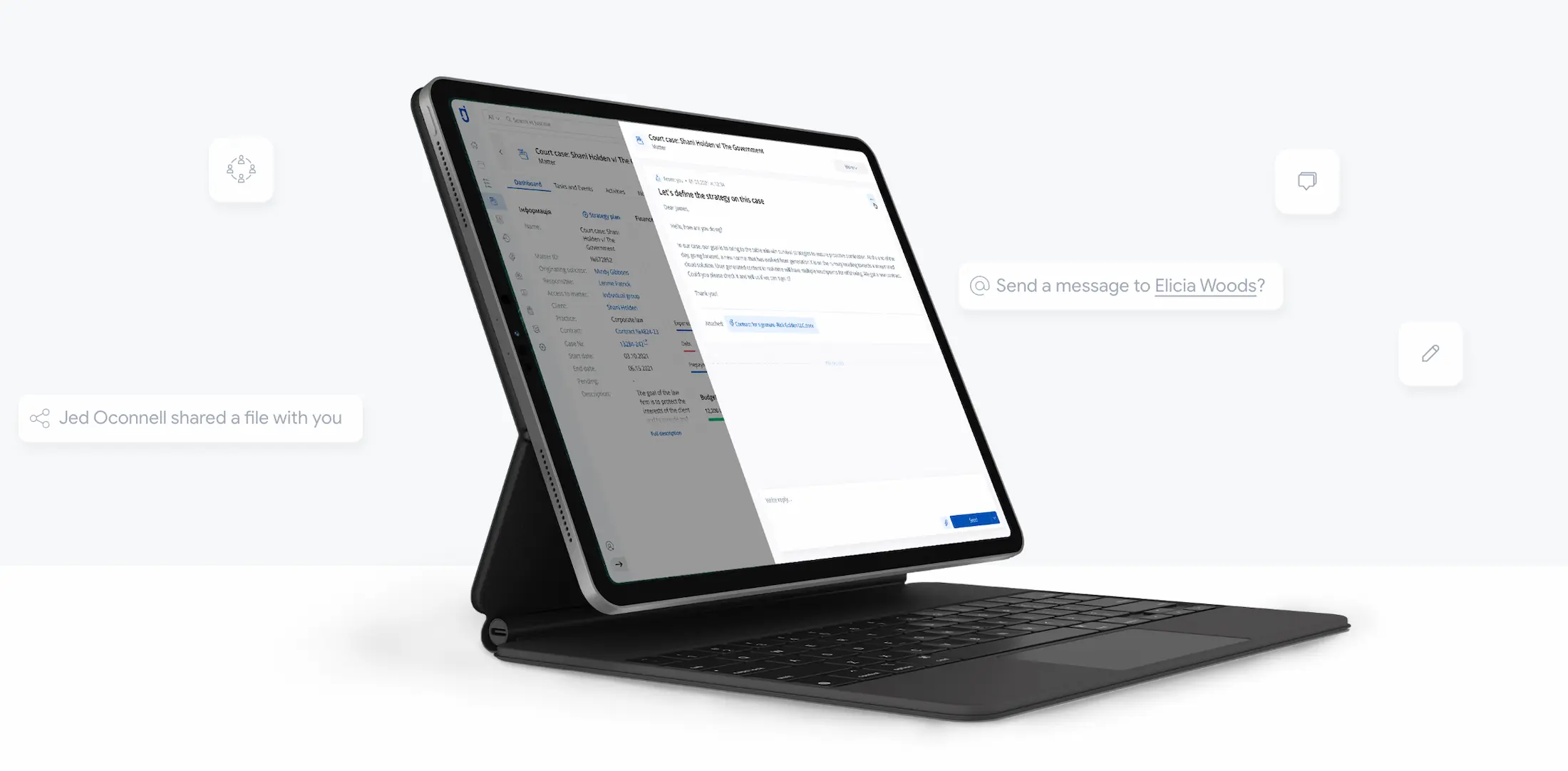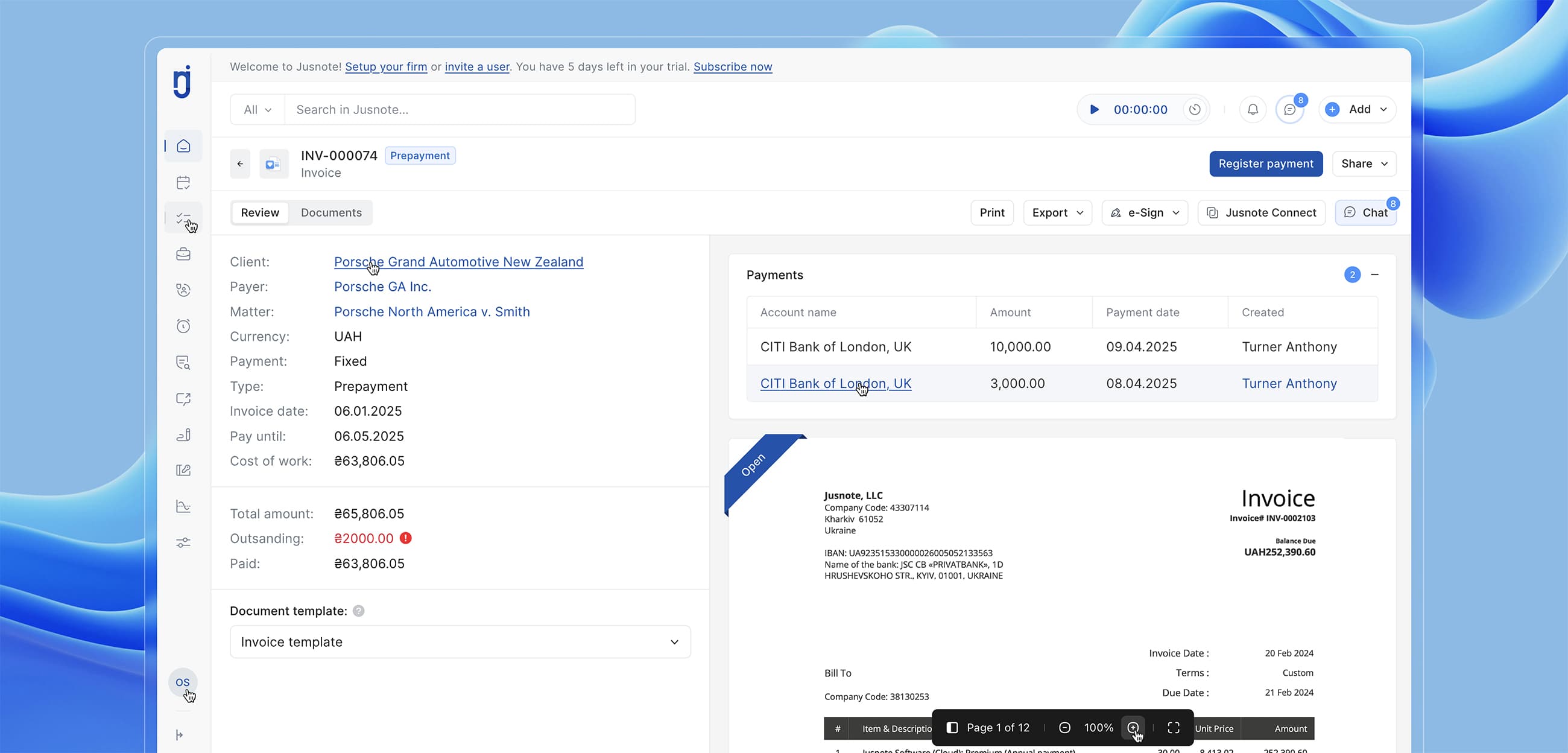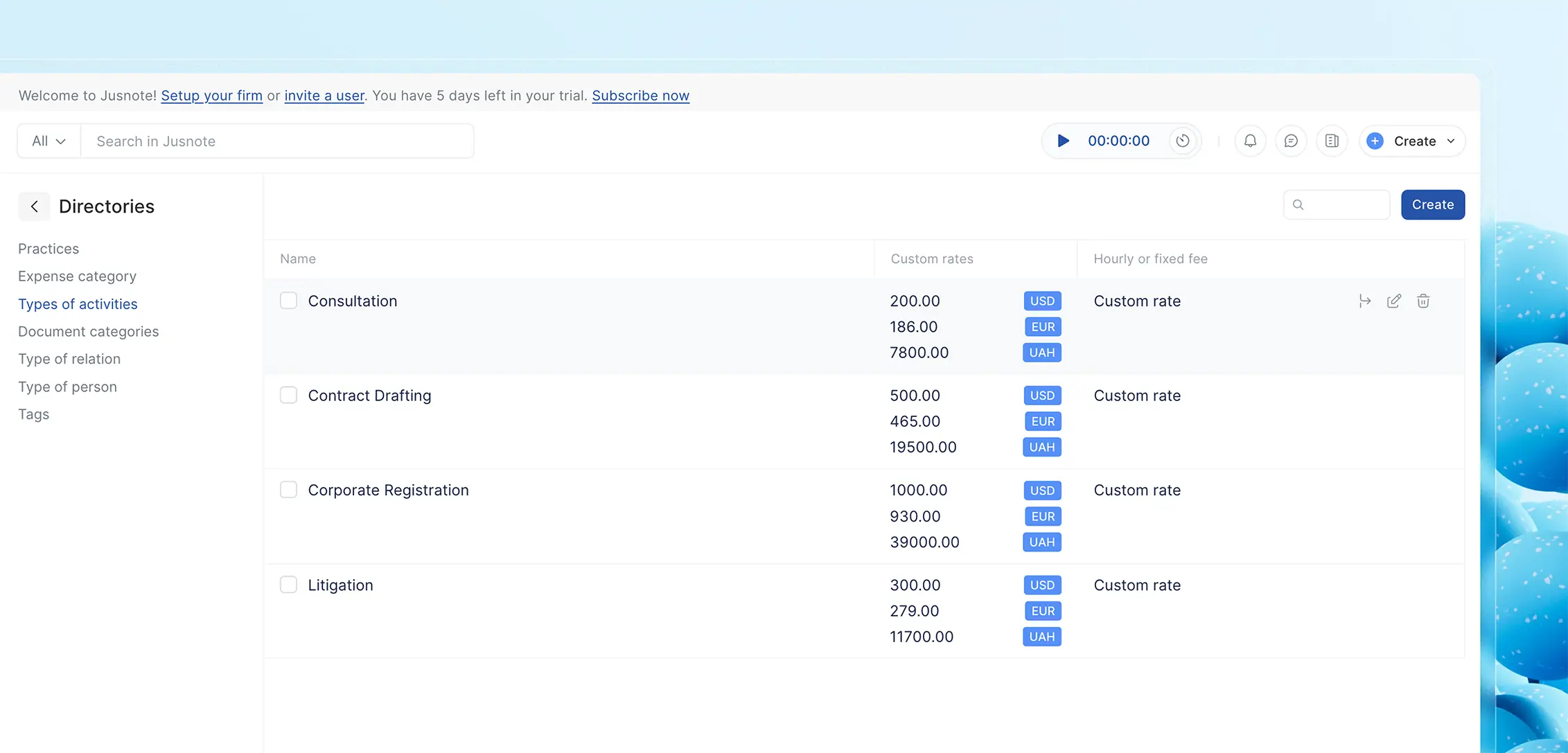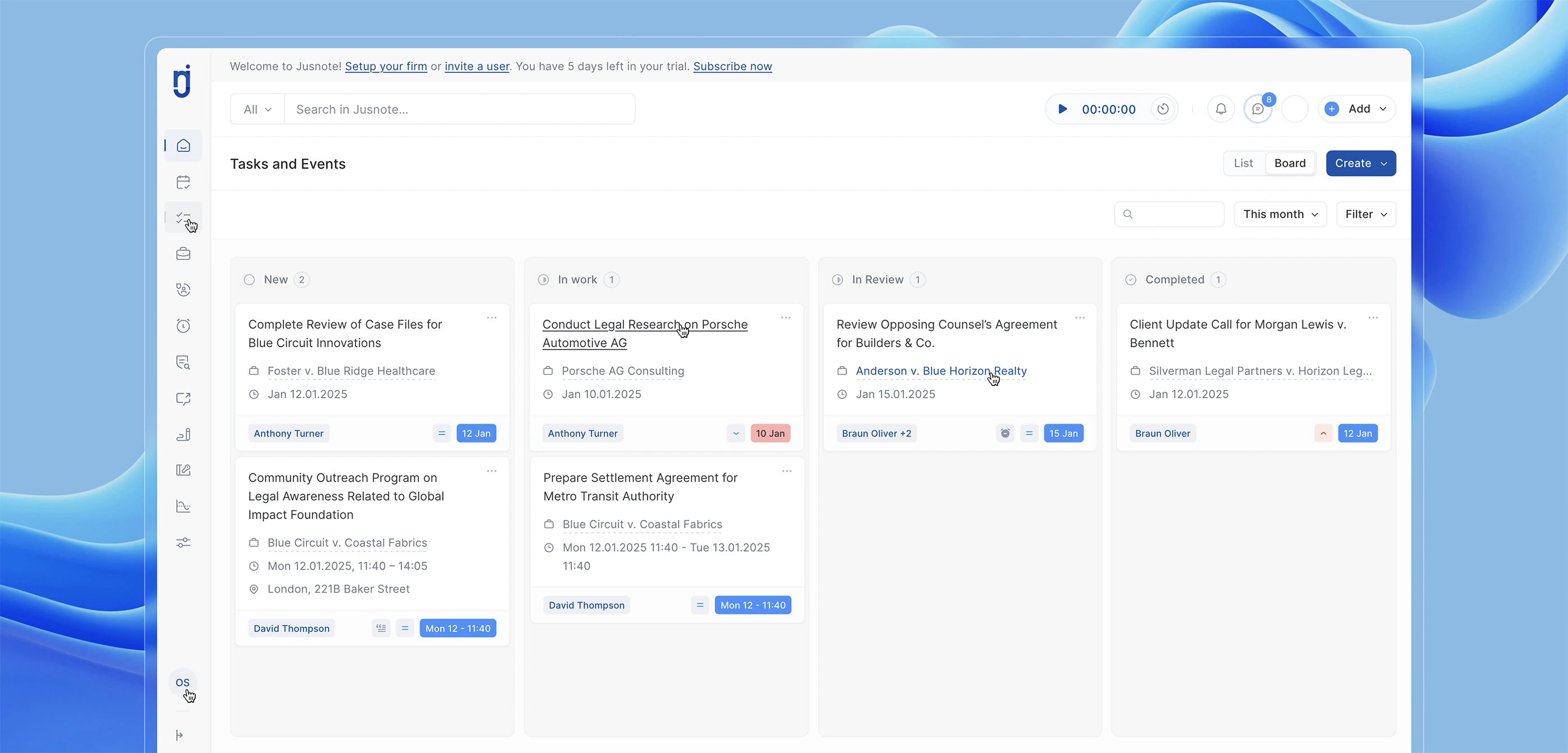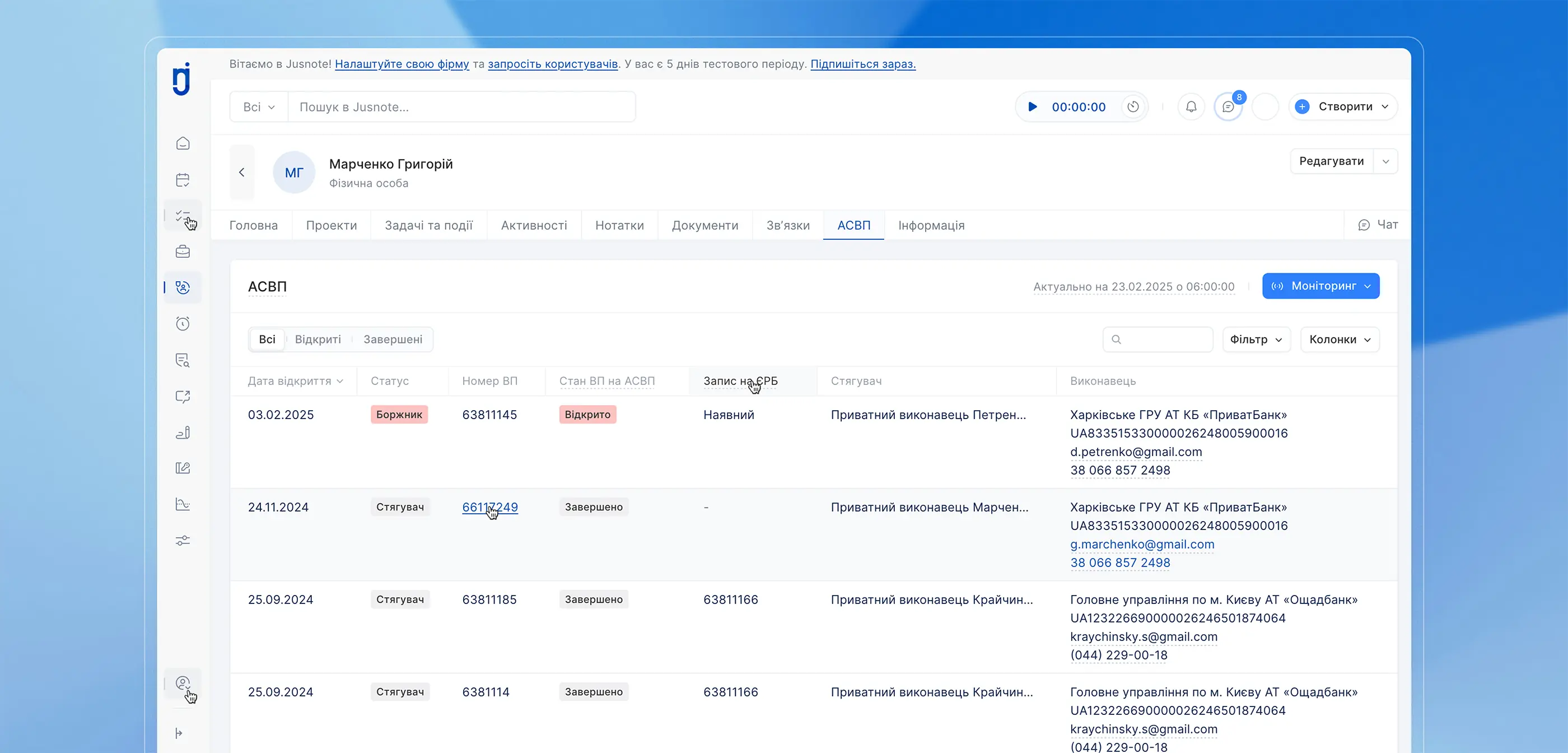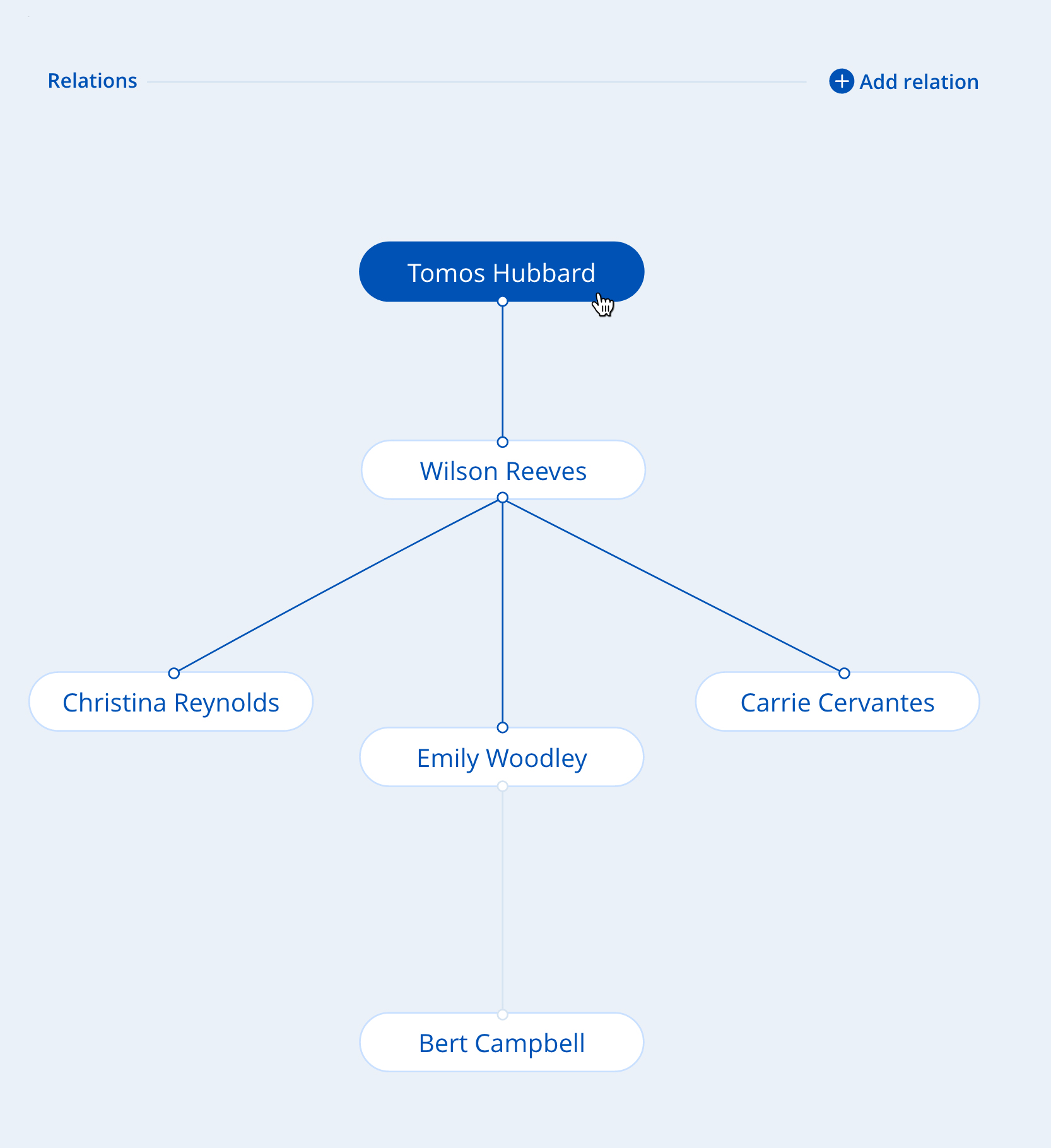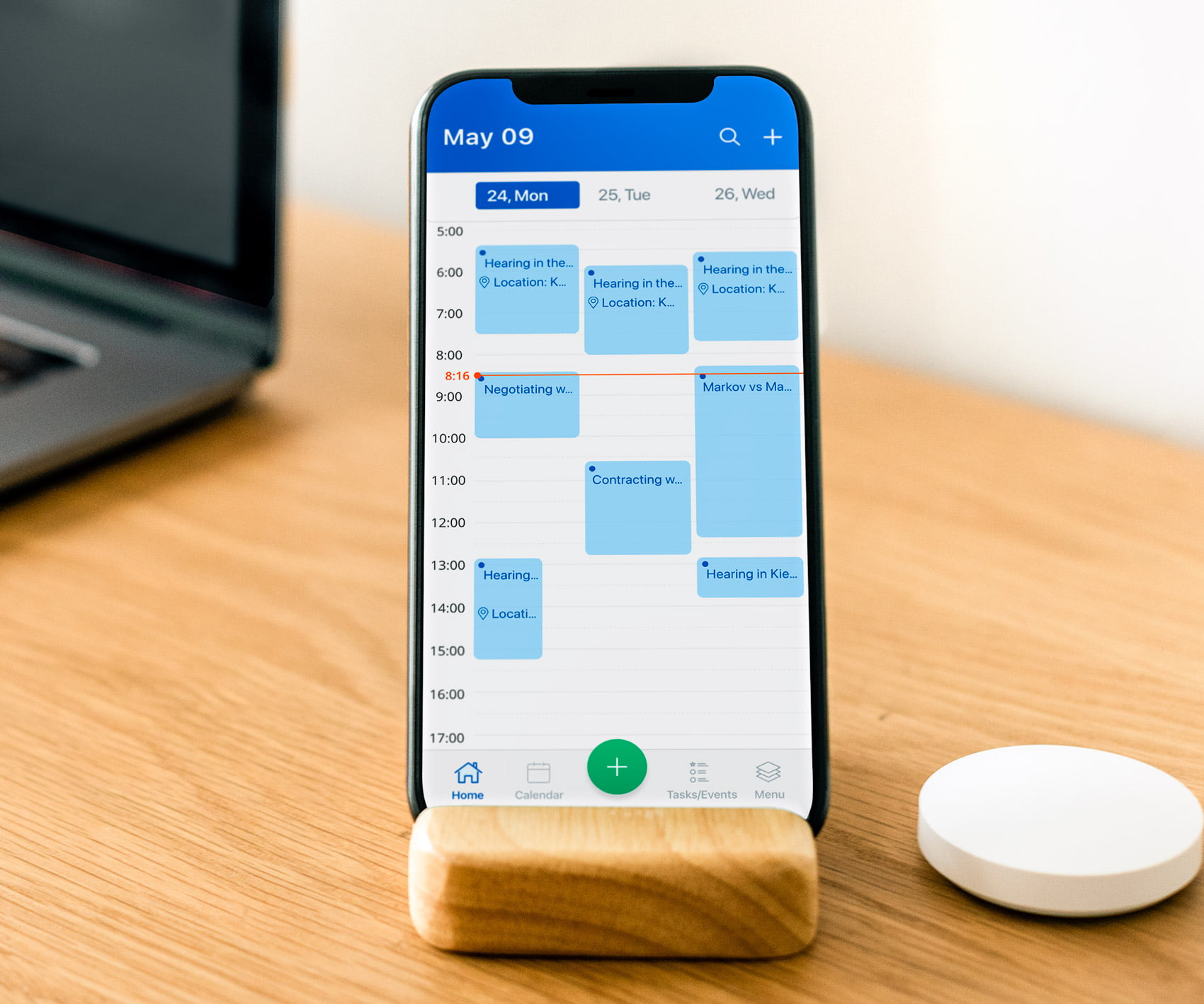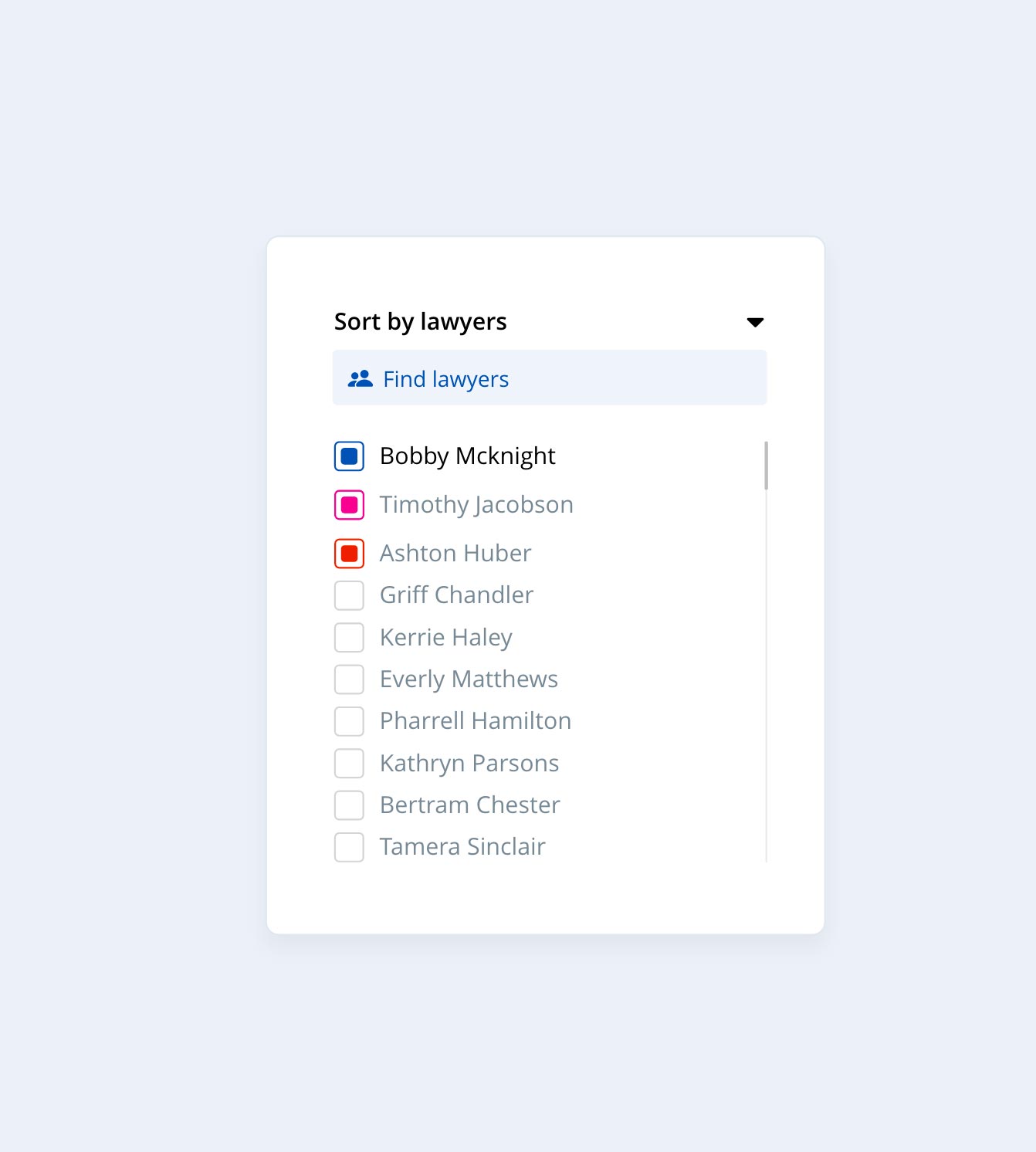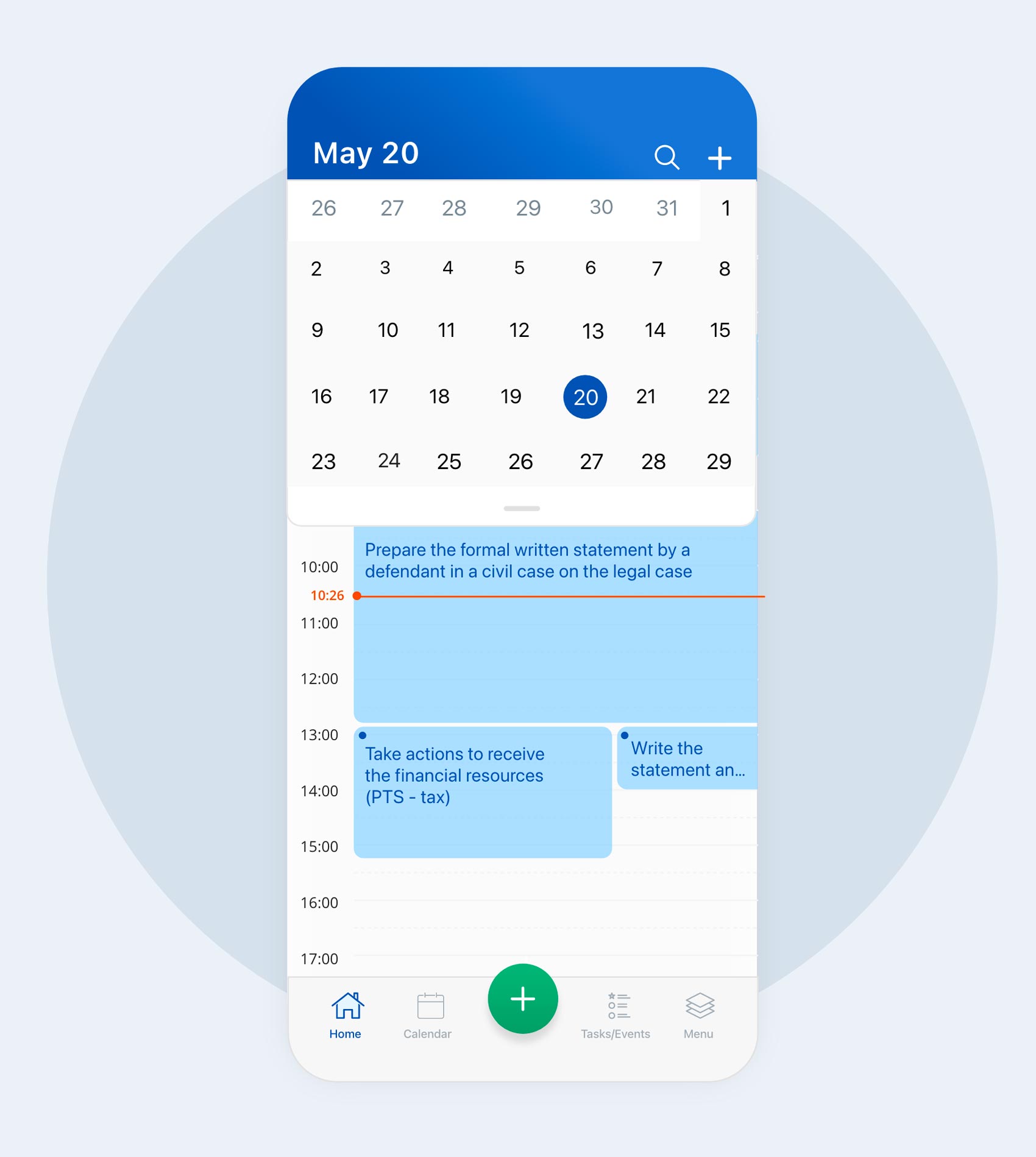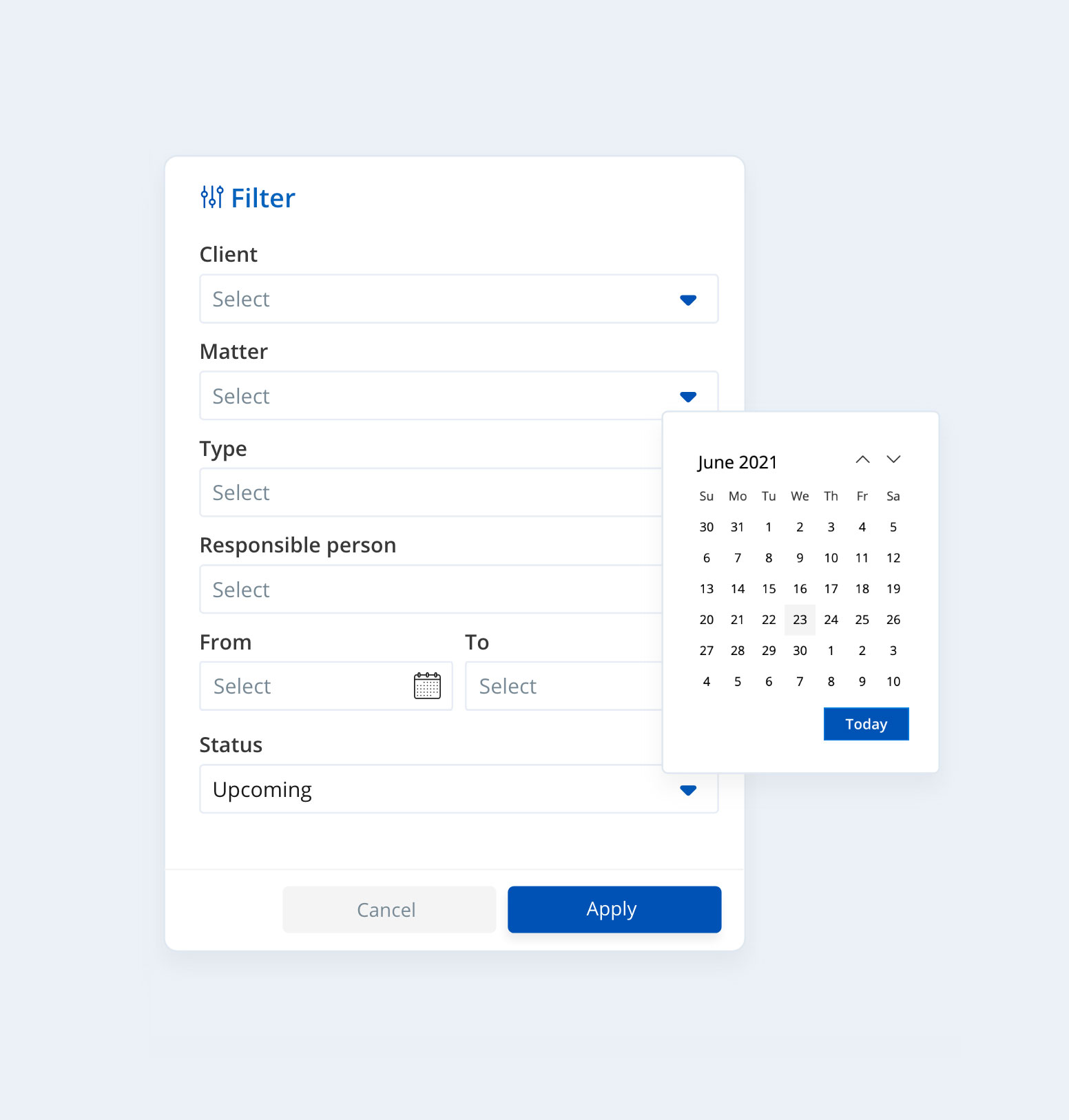Competencies that were required of lawyers a decade ago might not be as essential and prioritized these days. Except for being an expert in a specific legal specialty (which, of course, is fundamental), a today’s lawyer needs to be skilled in:
• verbal and written communication
• leading compelling interviews
• resilience
• negotiating
• problem-solving
• time and self-management
• managing risks for clients, etc.
There is always scope for improvement, even for the most proficient lawyers. Look at a few must-have skills for law specialists and how to sharpen them:
Public speaking
Lawyers often have to stand in front of an audience or defend a client in a courtroom, confidently delivering a powerful speech. Still, many have fears of public speaking. Those anxieties might occur due to childhood trauma, low self-esteem, or adverse life experience.
However, you can use techniques to train your voice and body to calm down the nerves and improve your ability to speak in public, such as:
• practicing diaphragmatic breathing to overcome social anxiety;
• using confident body language, like standing up straight;
• casually moving or walking if it helps feel more relaxed when speaking.
Remember that nervousness is alright and won’t negatively affect your performance. But instead, you can become more alert to details.
Practice, practice, practice…
Always do your best when preparing for a speech. You can record a video and send it to a friend or someone else to get their feedback. The more you practice alone and with others, the more confidence you build.
Be focused on the people you’re talking to, but not on yourself. When speaking to people, think about their interests rather than yours. Know the usefulness of your performance and how it helps people. Simply narrow down the focus of your attention to those who are listening to you.
Keep your materials and messages organized. Create a strict plan for your speech with clear notes and structure. Put everything on paper and not just keep everything in your head.
Stay flexible and adapt to the audience’s mood. Estimate people’s reactions, and alter your message if needed.
You might be funny and use humor, which only helps you grab the people’s attention.
Building personal brand
You must build a personal brand to keep your business on track and make clients want to turn to you many times.
You can professionally grow your social media presence to showcase your achievements and network with counterparts and clients. By publishing valuable materials and posts, leaving relevant comments, attending online industry-specific events, and participating in webinars, you increase your chances of being recognized, build your reliable online persona, and gain new connections.
That’s why developing written communication is no less important than speaking one. Accurate and coherent writing is crucial for lawyers and paralegals since a large part of their work involves conveying their legal arguments in written form.
According to the ABA Tech Report, 80% of lawyers in firms of 500+ who maintain a legal blog confirm attracting clients due to this activity.
Probably, you’re wondering how to build a solid law firm brand to attract more clients? Here are some helpful tips for you.
Commercial awareness
Commercial awareness is one of the most employable skills for a modern lawyer. Legal firms want their employees to be all-around experts who know local, national, and global politics and business developments. Lawyers should have sound business knowledge and understand the fundamental economic and market functioning principles.
Communication skills and active listening
Communication skills affect each aspect of a lawyer’s practice and confine more than just persuasively delivering arguments in a courtroom. A lawyer who makes a point in a straightforward and grounded fashion is in greater demand for today’s always-on-the-go clients.
Besides, active listening is a foundation for building meaningful relationships with clients. That means knowing what questions to ask the client and when to get to the case’s main point, listening to the answers with patience, and focusing not just on the phrases but on the tone of voice, body language, and other non-verbal signs.
Communication training and live workshops that legal firms can incorporate help legal experts better understand clients’ verbal and non-verbal language, mirror people’s behavioral patterns, and become more in sync with clients.
Teamwork and collaboration skills
“Collaboration starts when legal experts integrate and share expertise to produce high-quality outcomes on complex issues. By truly collaborating, a team of lawyers can address issues that none could tackle individually. Legal experts can support, encourage, and counterbalance one another.”
– Heidi K. Gardner “Collaboration in Law Firms”
With globalization, technological advancements, and economic shifts, lawyers and firms must quickly react to and address complex client demands. Client requests become diversified, often ambiguous, and require expertise across multiple spheres, disciplines, geographies, and jurisdictions.
This tendency encourages legal firms to hire experts in a specific niche with good technology literacy and communication skills. Modern lawyers are expected to efficiently cooperate with their colleagues (and often across the globe). Collective expertise has become a prerequisite, and those who can move across personal specialty boundaries and collaborate have all chances to achieve career success.
“Data shows that lawyers who work across their disciplines earn higher margins, get more loyal clients, and charge more for their work.”
– Heidi K. Gardner “Collaboration in Law Firms”
Time management
Lack of self and/or time management can lead to poor work efficiency and burnout. Mastering a personal productivity system and task planning can help. That means knowing how to prioritize your work and other urgent and non-urgent tasks throughout the day in a way that makes sense to you.
Lawyers can use legal software and tools for time tracking and management to ease this process and fully control their schedules. Jusnote legal management software offers comprehensive-time-tracking tools to help you better support clients, save time on paperwork, and earn revenue.
Financial literacy
It’s crucial to have enough knowledge about finance. A finance background helps lawyers efficiently manage legal cases as they don’t need to waste time asking accountants to tackle billing issues.
You should know the basics of running a commercial enterprise: profit and loss, forecasting, financial modeling, understanding how investments and tax regulations work, as well as how to calculate profit margins.
Resilience and emotional intelligence
Acquiring self-management skills can help you adapt to turbulent times, maintain your mental state, regulate emotions to address complex legal cases, and build relationships with overly emotional clients or irritated partners. Psychologist Daniel Goleman refers to this as the fire and brakes needed to keep yourself motivated and driven but simultaneously calm and grounded to perform.
Emotional intelligence is as important as IQ and enhances leadership, ability to negotiate, and satisfaction with work, unlike IQ, which does not change significantly over a lifetime and is only thought to account for about 25% of overall success.
Technology proficiency
Everything from invoice creation to case management and payment can be done online. Lawyers should use special legal tools, including productivity and time-tracking devices, to complete tasks faster, and eliminate human errors and time-consuming paperwork.
Besides, many legal firms are investing in technology to automate as many administrative tasks as possible. Lawyers and legal experts should stay abreast of what technology to master and what additional technical competencies to get. Thanks to accessible online education, lawyers can take online courses on using different programs and software in the legal industry for free or at a particular cost.
We recommend choosing an all-in-one platform to manage your legal practice in one place instead of switching to multiple programs or apps to handle each task separately. Jusnote is reliable legal management software designed to fulfill lawyers’ needs, ease all the processes in their daily practice, and get more satisfied clients.
Subscribe to our newsletter for practical tips and resources to build your successful career.
![]()
Elena Ivanenko
Author, Content Creator at Jusnote



 Jusnote Newsroom
Jusnote Newsroom  Search Newsroom
Search Newsroom
 Back to all publications
Back to all publications


